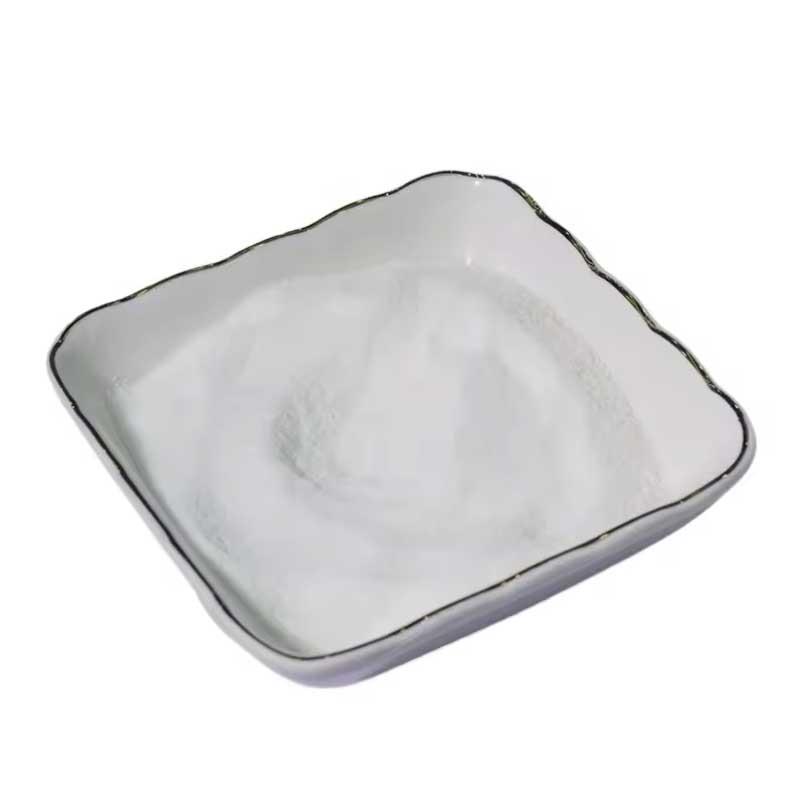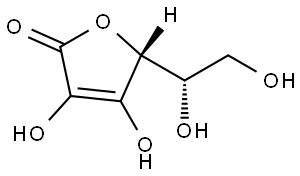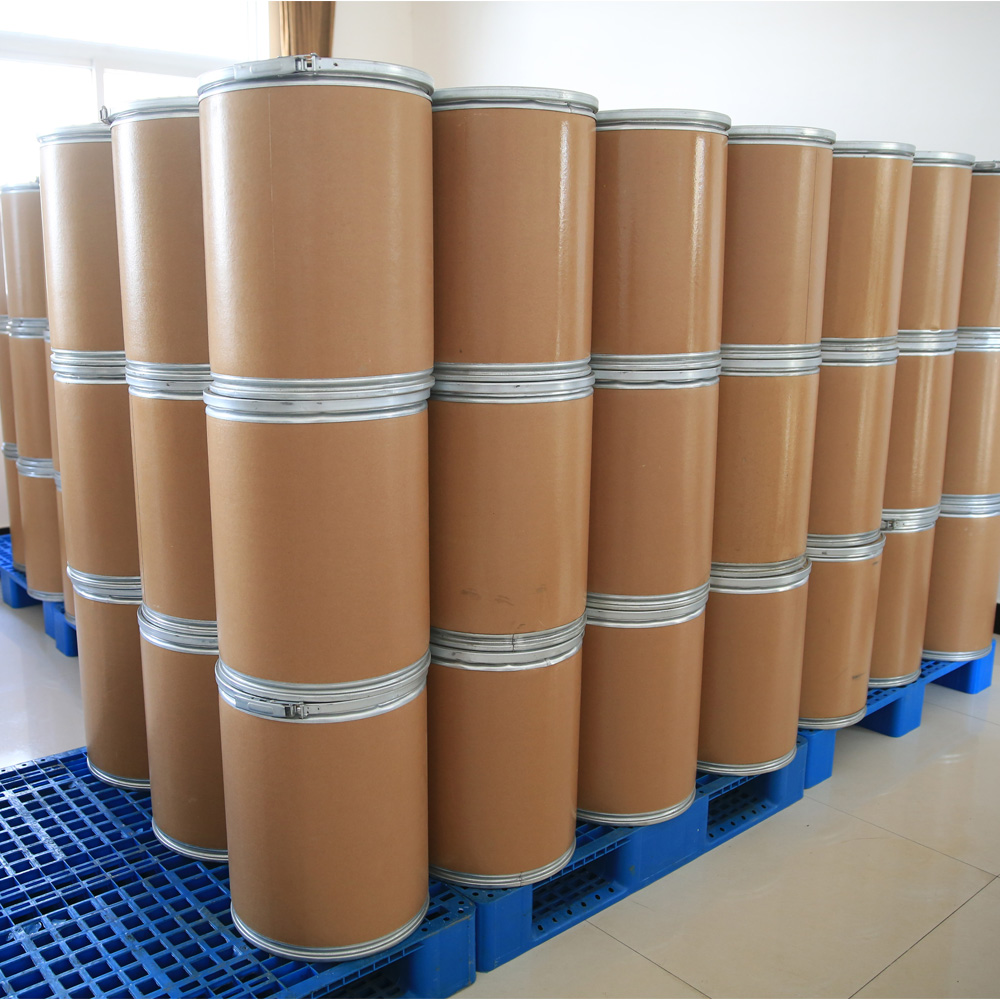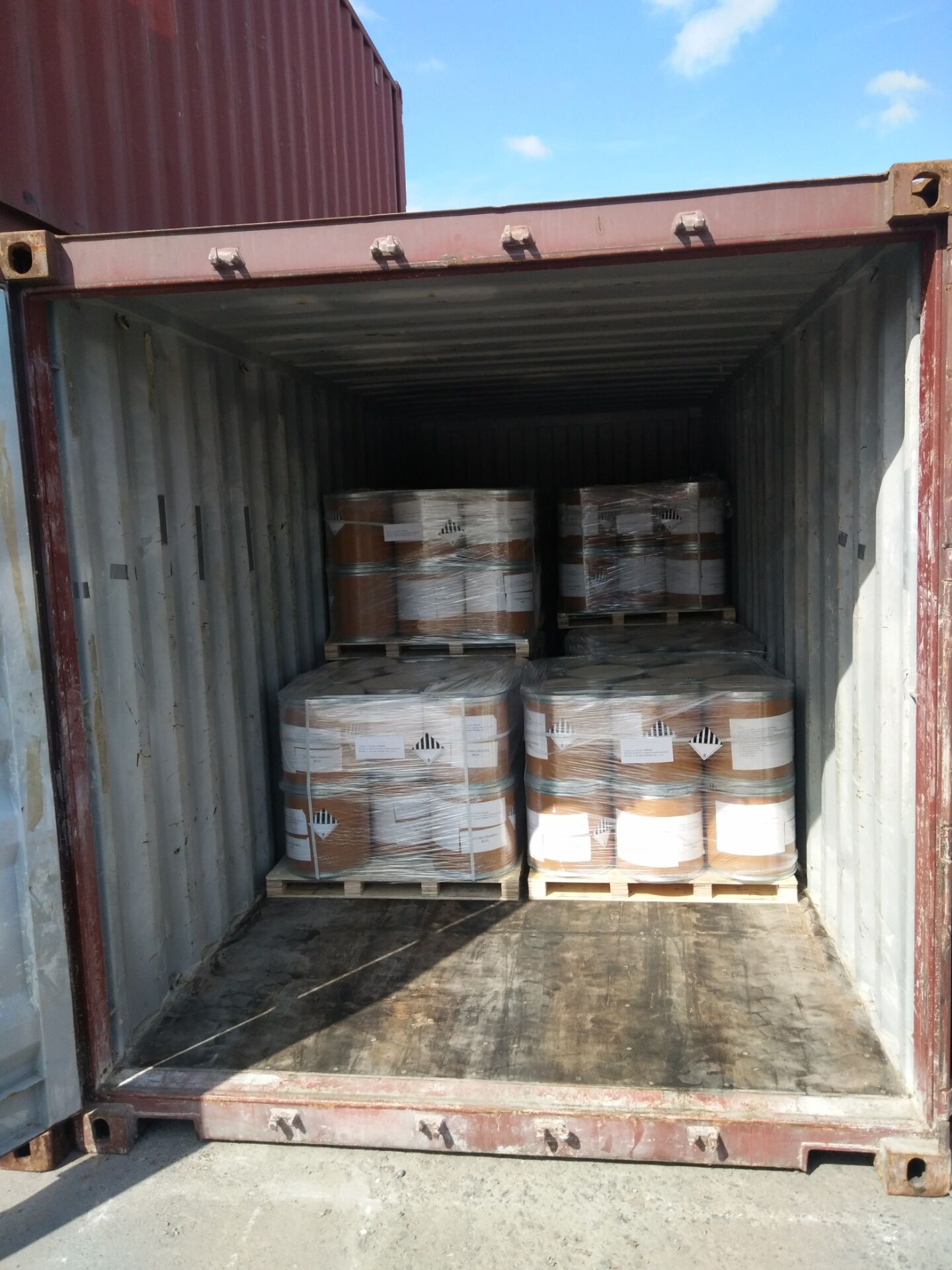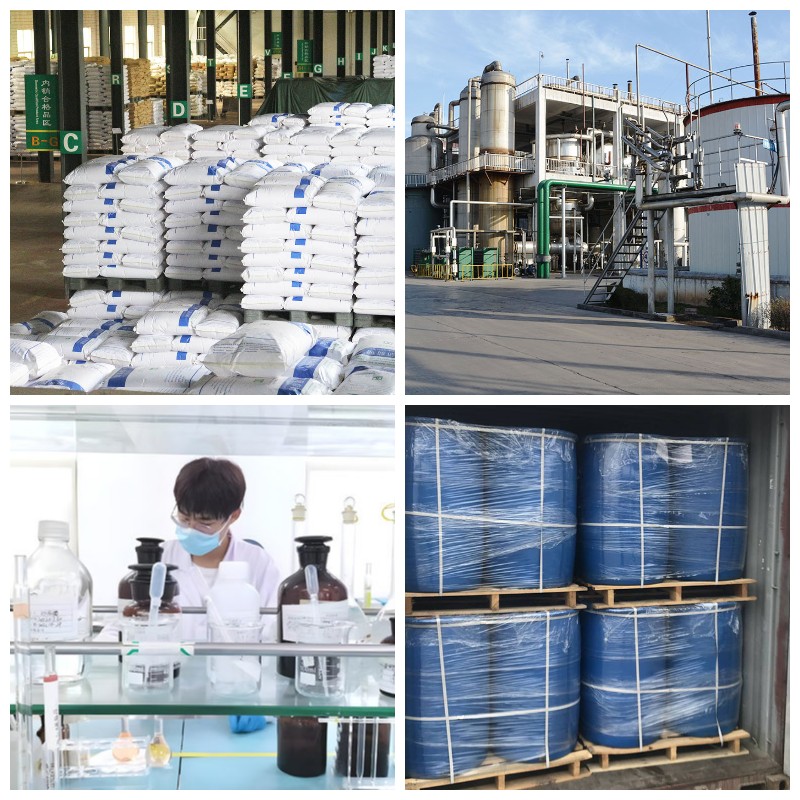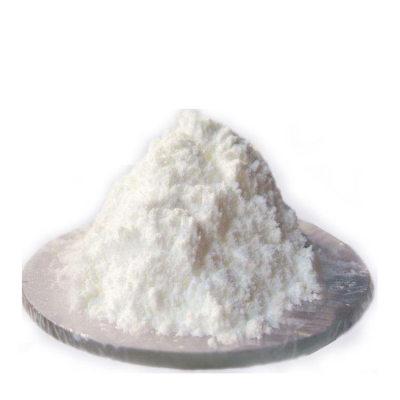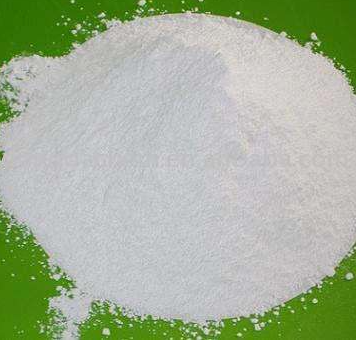Ascorbic Acid CAS#50-81-7
CAS Number:50-81-7
Chemical Formula: C6H8O6
Synonyms:
3-Keto-L-gulofuranolactone
3-Oxo-L-gulofuranolactone
3-oxo-l-gulofuranolactone(enolform)
Appearance: White powder
HS Code:29362700
MOQ (Minimum Order Quantity): 1 FCL (Full Container Load)
Products Description of Ascorbic Acid CAS#50-81-7
Vitamin C, also known as L-ascorbic acid, is an essential nutrient for higher primates and a few other organisms. Ascorbic acid can be produced by metabolism in most organisms, but humans are the most notable exception. The most well-known is that vitamin C deficiency can cause scurvy. The pharmacological group of vitamin C is the ascorbic acid ion. In the body, vitamin C is an antioxidant because it can protect the body from the threat of oxidants. Vitamin C is also a coenzyme.
Parameters
| Melting point | 190-194 °C (dec.) |
| alpha | 20.5 º (c=10,H2O) |
| Boiling point | 227.71°C (rough estimate) |
| density | 1,65 g/cm3 |
| FEMA | 2109 | ASCORBIC ACID |
| refractive index | 21 ° (C=10, H2O) |
| storage temp. | Store at +5°C to +30°C. |
| solubility | H2O: 50 mg/mL at 20 °C, clear, nearly colorless |
| form | powder |
| pka | 4.04, 11.7(at 25℃) |
| color | white to slightly yellow |
| PH | 3.59(1 mM solution);3.04(10 mM solution);2.53(100 mM solution); |
| Odor | Odorless |
| PH Range | 1 - 2.5 |
| biological source | synthetic (organic) |
| Odor Type | green |
| optical activity | [α]25/D 19.0 to 23.0°, c = 10% in H2O |
| Water Solubility | 333 g/L (20 ºC) |
| Merck | 14830 |
| BRN | 84272 |
| BCS Class | 1 |
| Stability: | Stable. May be weakly light or air sensitive. Incompatible with oxidizing agents, alkalies, iron, copper. |
| InChIKey | CIWBSHSKHKDKBQ-JLAZNSOCSA-N |
| LogP | -1.85 |
| CAS DataBase Reference | 50-81-7(CAS DataBase Reference) |
| NIST Chemistry Reference | L-Ascorbic acid(50-81-7) |
| EPA Substance Registry System | Ascorbic acid (50-81-7) |
| Absorption | cut-off at 306nm in H2O at 1M |
| Safety Information | |
| Hazard Codes | |
| Risk Statements | |
| Safety Statements | 24/25-36-26 |
| WGK Germany | 1 |
| RTECS | CI7650000 |
| TSCA | Yes |
| HS Code | 29362700 |
| Hazardous Substances Data | 50-81-7(Hazardous Substances Data) |
| Toxicity | LD50 oral in rat: 11900mg/kg |
Product Application of Ascorbic Acid CAS#50-81-7
Vitamin C participates in the complex metabolic process of the body, can promote growth and enhance resistance to disease. my country stipulates that it can be used to strengthen sandwich hard candy, the usage is 2000 ~ 6000mg/kg; in high iron cereals and their products (limited to 50g of such food per day), the usage is 800 ~ 1000mg/kg; in strengthening infant chemicalbook food, the usage is 300 ~ 500mg/kg; in strengthening canned fruit, the usage is 200 ~ 400mg/kg; in strengthening liquid and milk beverages, the usage is 120 ~ 240mg/kg; in strengthening fruit puree, the usage is 50 ~ 100mg/kg. In addition, this product has a strong reducing property and can be used as an antioxidant.
As an antioxidant, it can be used in fermented flour products, the maximum usage is 0.2g/kg; it can also be used in beer, the maximum usage is 0.04g/h. It can also be used as a food nutrient enhancer.
Artificially synthesized medicinal vitamin C is exactly the same as natural vitamin C. This product can promote the conversion of folic acid into tetrahydrofolic acid, which is beneficial to nucleic acid synthesis and the formation of red blood cells. It can also reduce trivalent iron ions to divalent iron ions, making them easier to be absorbed by the human body and beneficial to cell formation. Vitamin C chemical book participates in the formation of collagen in the body. It has the function of neutralizing toxins and promoting the formation of antibodies, and can enhance the body's detoxification function. In medicine, it is mainly used for the prevention or treatment of scurvy, as well as for diseases such as caries, gum abscesses, anemia, and growth stagnation caused by insufficient blood acid.
Factory and Equipment Show
Fast delivery time
Inventory 2-3 working days New production 7-10 working days

